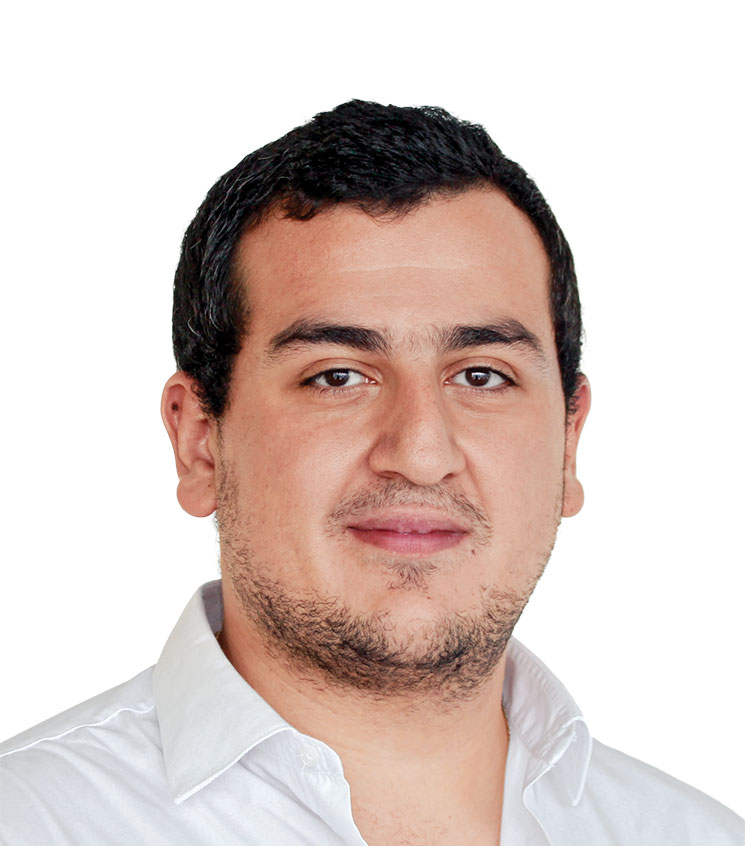Joint Ventures Must Focus on Long-Term Goals: FUMEC

STORY INLINE POST
Q: After 30 years, what milestones has FUMEC achieved and how has it made the region more competitive?
A: FUMEC has boosted economic and technological cooperation between Mexico and the US since its beginning, gradually focusing on economic development programs for technological SMEs. FUMEC focuses on providing access to technology and research centers. We also align the offerings of companies with areas of opportunity in the market. We help businesses to find clients without investing large amounts of money and time. We are creating alliances and joint ventures in which all involved parties set their sights on mutual growth. After the pandemic, alliances are mainly focusing on achieving long-term goals.
FUMEC has gained a great deal of knowledge thanks to its vast experience in the aerospace, food, pharmaceutical, software and automotive sectors, among others. In the automotive sector, for example, we recently published a report showing that companies in Mexico are reactive to demand, which prevents them from pioneering in emerging trends. While large automotive OEMs have an electrification strategy, SMEs are lagging behind in the field but they should prepare for the demands of electromobility. Many Chinese companies are coming to Mexico because they have identified the emerging opportunities to use the country’s lithium to manufacture batteries. Mexican SMEs are not seeing that niche yet.
Q: How has the organization evolved to help more companies?
A: Two years ago, FUMEC underwent a restructuring after the departure of Guillermo Fernandez, who led the organization for 23 years. Restructuring an organization is never easy but we generated value by creating development projects that support economic growth, gender equality, the circular economy and the health sector, among others. As the new CEO of FUMEC, I identified opportunities to approach new clients, including young millennials that rely on digitalization and technology. We focused on understanding their needs to be useful to them. Millennial entrepreneurs are often overconfident and need support when facing difficult challenges.
We are also working with public, private and international resources. Our greatest challenge is to generate value with scarce resources. We need to collaborate with the government to have the largest possible impact and capitalize on emerging projects, such as the Interoceanic Corridor of Mexico’s Isthmus of Tehuantepec..
We are also trying to promote a more cohesive relationship between the US and Mexico. There is a long industrial history in the north and center of Mexico but there are also opportunities in the south. While we help SMEs tackle technological matters, we also work with Mexican green low-carbon producers and artisans exporting handcrafted products, among other communities.
Q: How does FUMEC approach SMEs and how does it promote its services?
A: We approach SMEs in all the sectors we operate in, including aerospace, automotive, technology, food and pharmaceuticals. We map assets to understand markets and during this process we learn about interesting entrepreneurial projects. For example, we are working with the Ministry of Economy to launch a program that will train professionals in the design and validation of semiconductors. Our goal is to align the skills of engineers with the manufacturing opportunities that are starting to open in the US.
SMEs learn about us from referrals and through our webinars, publications, social media or website. FUMEC’s main mission is to link ecosystems and help communities flourish by providing them everything they need to grow.
Q: What role will Mexican companies play in the automotive industry of the future and how can SMEs enter global value chains?
A: Training is expensive but necessary to grow. Henry Ford once said, “The only thing worse than training your employees and having them leave is not training them and having them stay.” Specialized talent generates value and profit.
Diversification is also essential. Economic and technical knowledge is necessary to transform business models and companies must rely on data to make the best decisions. Companies cannot be prepared for everything but they must be resilient and ready to identify new opportunities. Companies must also take advantage of joint ventures to have partners to face challenges.
The US-Mexico Foundation for Science (FUMEC) is an NGO created in 1992 during NAFTA negotiations that aims to promote science, technology and innovation initiatives to make the region the most competitive, sustainable and inclusive in the world.








 By Antonio Gozain | Senior Journalist and Industry Analyst -
Fri, 05/20/2022 - 09:35
By Antonio Gozain | Senior Journalist and Industry Analyst -
Fri, 05/20/2022 - 09:35















